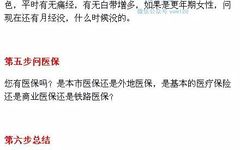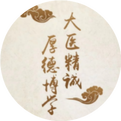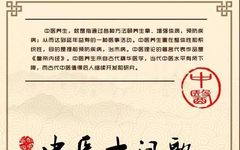Essential Patient Inquiry Template for Young Doctors
Step OneAsk Basic Information Hello, I am Dr. Wang from a certain department of a certain hospital. May I ask your surname, your name, how old you are this year, are you married, where is your hometown, what is your ethnicity, what do you do, and where do you work? Step TwoAsk About Current Medical … Read more










